Much is talked about the issue of Boer and Whites in general in South Africa, and about the ongoing tensions between Washington and Pretoria over the matter. Most analyses however seem to miss the main political point, which should include not only the merit of US President Donald Trump’s allegations (and context), but also his possible motivations.
On May 21, Trump confronted South African President Cyril Ramaphosa in the Oval Office with videos and printed articles alleging “white genocide,” focusing on violence against Boer farmers in the country. Trump dimmed the lights to play footage, including clips of “Kill the Boer” chants, claiming it showed persecution. This surprised many and clearly embarrassed Ramaphosa.
While racial segregation by law ended in the United States primarily with the Civil Rights Act of 1964, the South African Apartheid only ended in 1994. While the White-ruled racist regime of Apartheid is very well known, most people in the West had never heard of “Boers” until very recently.
The Boers, White descendants of Dutch, German, and French settlers, arrived in South Africa in the 17th-18th centuries. Speaking Afrikaans and known for their Calvinist faith, they established farming communities and formed the backbone of the Afrikaner population. During the 19th-century Great Trek, they founded the Boer Republics, fighting the British in the Anglo-Boer Wars (1880-1881, 1899-1902), largely shaping South African history.
A little known fact is that the British established some of the first modern concentration camps in human History during the Second Anglo-Boer War (1899-1902) to detain Boer civilians, primarily women and children, and control the population. These camps, meant to disrupt Boer guerrilla support, led to thousands of deaths due to disease and poor condition.
South Africa is a poor country overall and the Boer people today are far from being solely an affluent privileged minority; in fact, a 2015 Reuters article mentions hundreds of thousands of South African Whites living in poverty, with many in squatter camps like Coronation Park, while acknowledging that post-apartheid affirmative action policies may be a factor in that. According to Reuters:
“Recently forced to live on the fringes of society, (many) see themselves as victims of ‘reverse-apartheid’…. Few have been more devastated by social and economic change in the new South Africa than the growing number of poor whites… With that safety net now gone, unskilled whites find themselves on the wrong side of history, gaining little sympathy from those who perceive them as having profited unfairly during the brutal apartheid years. ‘Our colour here is not the right colour now in South Africa’.”
In general however Whites in South Africa fare much better than Blacks, even today. And then there are the Boer farmers, often the target of land appropriation, amid this complex social and ethnopolitical landscape, marked as it is by tensions and grievances. A 2020 New York Times news story, for instance, acknowledges that the “killing of white farmers” issue is a thing, but attributes most such cases mainly to robbery, in a country with a very high crime rate overall.
In this context, one may very well argue that singing the “Kill the Boer” song (with roots in anti-Apartheid activism) has not helped easing tensions in the last decades. A 2010 Reuters piece notes the African National Congress (ANC) defense of the song as historical, not incitement, although a 2010 court did rule it to be “hate speech” (later overturned in 2022).
The same story highlights fears of racial polarization. Even the Anti-Defamation League (ADL), albeit noting the song’s anti-Apartheid roots, has warned its lyrics could be interpreted as a call to violence, urging public figures to avoid such expression. Well, singing or shouting “kill X” (or “shoot X”), with X being a very specific ethnic group, would be considered a hate crime or at least incendiary speech in most countries in any given context.
Thus, even though the issue is often overlooked in the West due to political sensitivities, (for not being “politically correct”), ethnopolitical tensions in South Africa today are a thing, with Boers, and Whites in general, being affected—and one should acknowledge this. Having said that, claims of “genocide”, however, are grossly exaggerated, also for political gain.
According to the Transvaal Agricultural Union, albeit attacks have been on the rise, only 1,363 white farmers were killed between 1990 and 2024, a small fraction of South Africa’s 26,232 murders in 2024 alone. TAU SA data differs a little, giving 1,824 farm murders from 1990 to June 2016, with 1,170 being farmers (mostly White).
What is behind Trump’s show-like advocacy of White South Africans then? Besides a possible real humanitarian concern and even a likely nod to part of his more radical far-right supporters (“White nationalists” and so on), Trump’s actions align with Israel’s push to “punish” South Africa’s pro-Palestinian advocacy, Israel’s funding of anti-ANC efforts being well known.
One may recall how South Africa’s 2023 International Court of Justice case accusing Israel of genocide in Gaza angered Israel and its close ally, the US. Trump’s executive order on February 7, 2025, halting aid, explicitly cited this case, alongside the issue of land expropriation, as being “aggressive” against American interests. Basically, in today’s war of narratives, a claim of genocide can be countered with a similar claim (exploiting domestic ethnopolitical problems), and a Global South BRICS country might be a good target.
Palestine today faces documented mass killings, with over 50,000 deaths in Gaza since 2023, per UN reports, alongside deliberate infrastructure destruction and starvation policies, arguably fitting genocide’s legal definition.
To sum it up, the Boer issue is real enough, but Trump’s hypocritical focus on South Africa basically aligns with Israel’s agenda, given South Africa’s ICJ case against the Jewish state. By downplaying Palestine’s humanitarian disaster while amplifying exaggerated South African claims, Trump selectively ignores evidence for political gain, thereby undermining genuine genocide and persecution concerns.
Uriel Araujo, researcher with a focus on international and ethnic conflicts.
violence-against-whites-in-south-africa-is-a-serious-issue

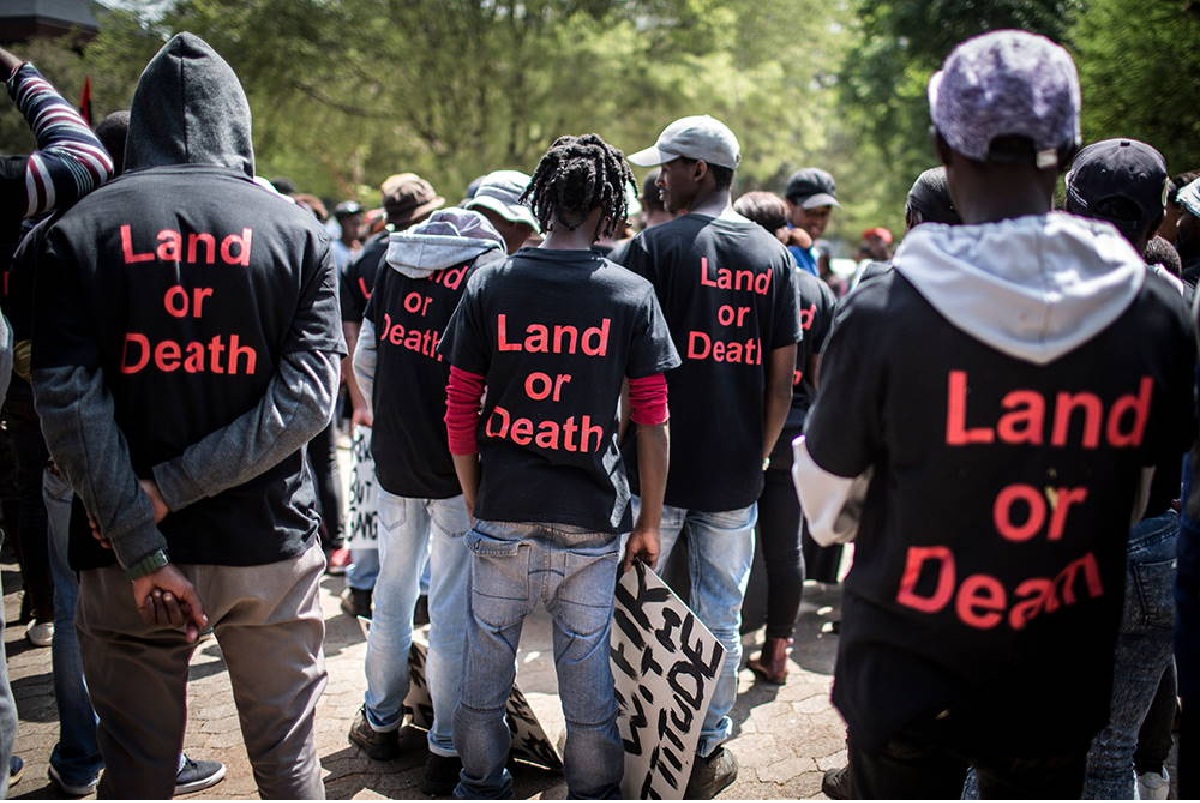

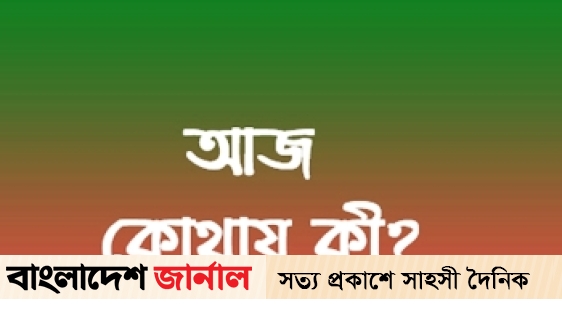


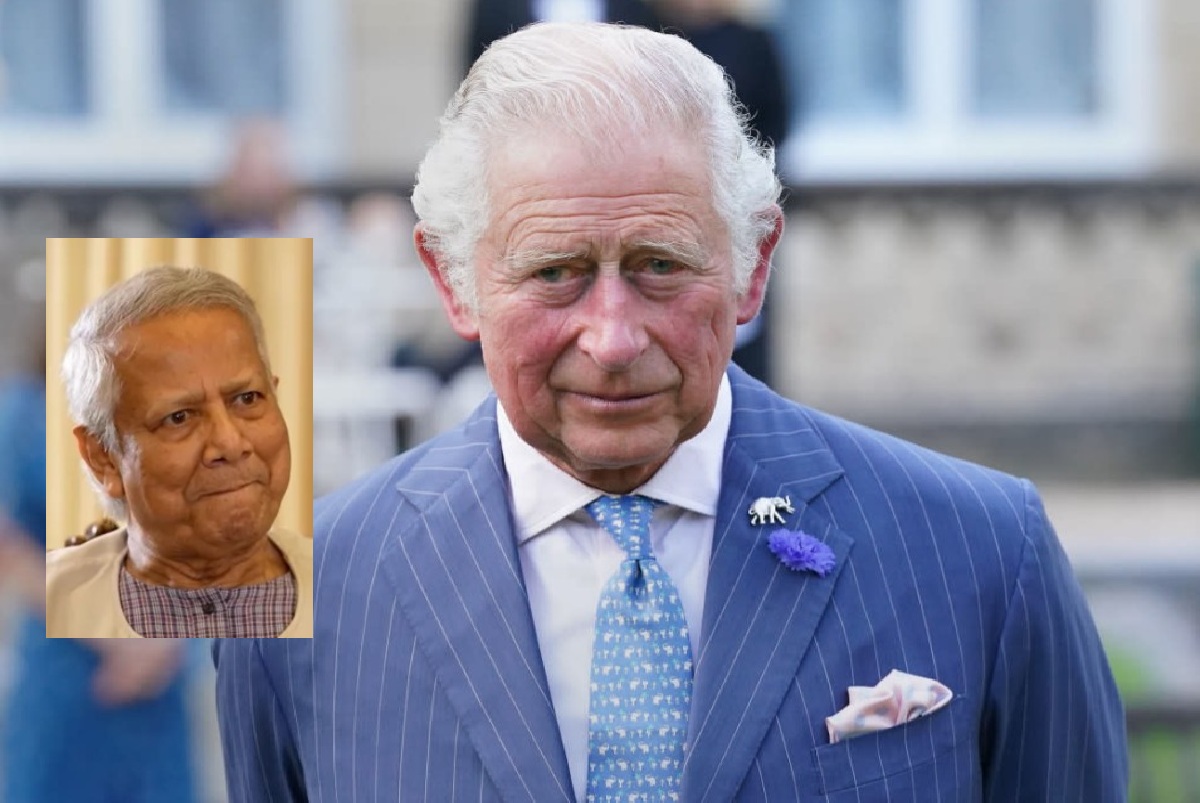
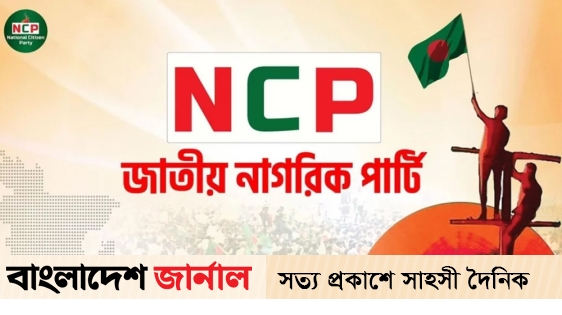





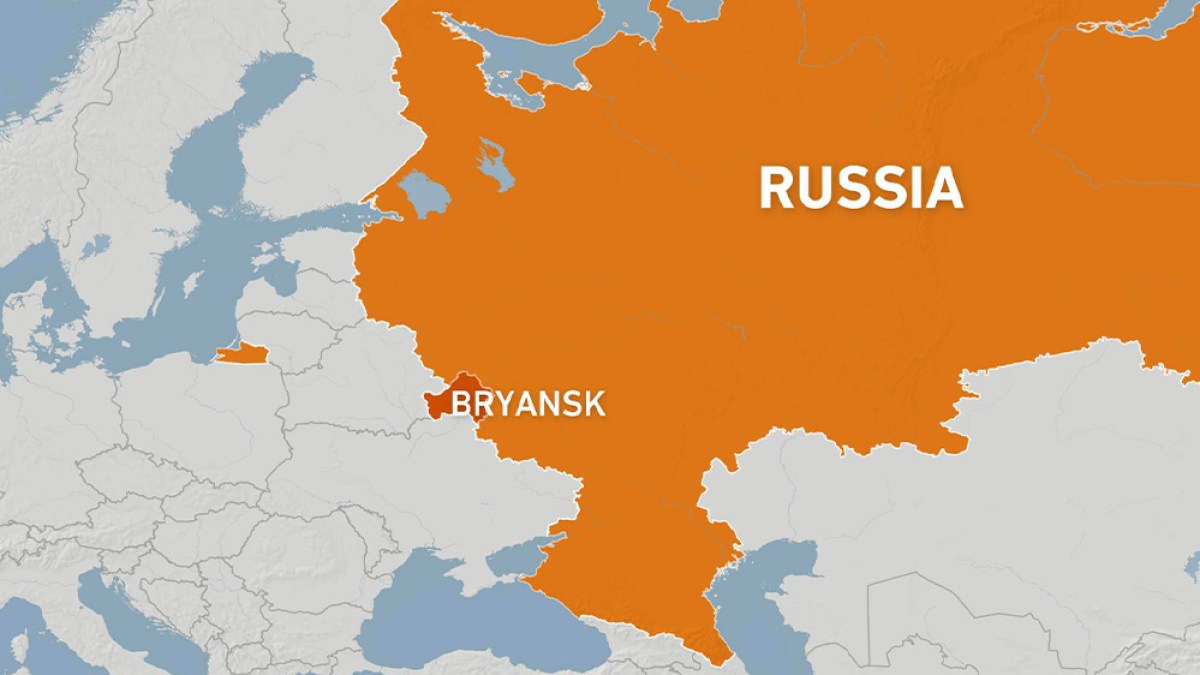

Leave a Reply